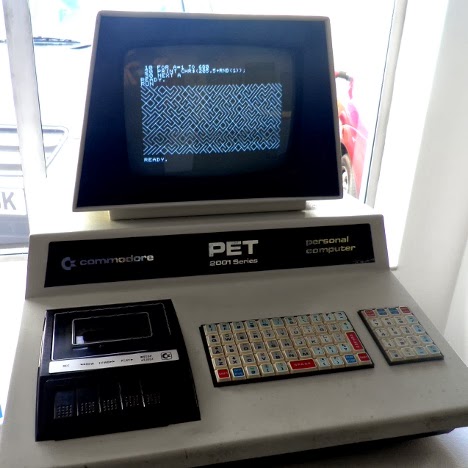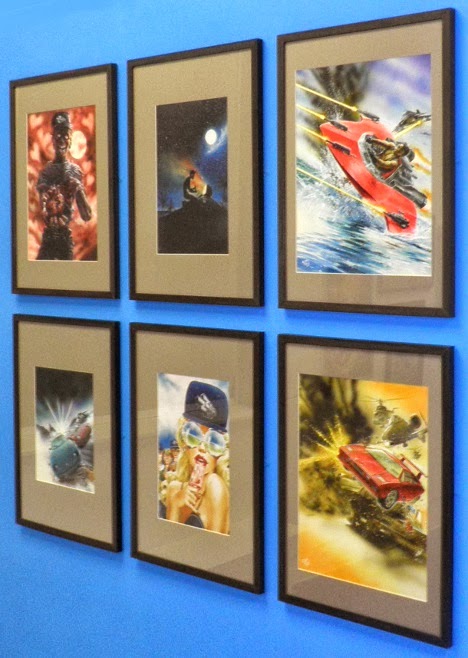A few years ago I submitted a couple of type-in programs (C-Curve and Curtains) to Your Sinclair and they featured in the penultimate issue (August 1993).
Encouraged by a shiny new YS badge I sent off a new batch of programs. Unfortunately it was too late. The September issue would be Your Sinclair's "Big Final Issue".
C-Curve is one of the simplest fractal curves. It starts with a straight line. To find the next iteration, each line is replaced by two lines at 90°:
Here's a later 69 byte version of the program which plots the fractal in approximately 1.52 seconds! Assemble with Pasmo (pasmo ccurve.asm ccurve.bin), load the binary to address 65467 in your favourite emulator and run using RANDOMIZE USR 65467 :-)
org 65467
ld de,49023 ; d = position on x axis
; e = position on y axis
ld bc,3840 ; b = number of iterations
; c = initial direction
RECURSE:
djnz DOWN
ld a,6 ; check direction
and c ; c=0, left
rrca ; c=2, up
rrca ; c=4, right
add a,a ; c=6, down
dec a
jr nc,XMOVE
add a,e ; adjust y position +/-1
ld e,a ; calculate high byte of screen pos
rrca
scf
rra
rrca
xor e
and 88
xor e
and 95
ld h,a
sub h
XMOVE:
add a,d ; adjust x position +/-1
ld d,a ; calculate low byte of screen pos
rlca
rlca
rlca
xor e
and 199
xor e
rlca
rlca
ld l,a
ld a,7 ; calculate bit position of pixel
and d
ld b,a
inc b
ld a,1
SHIFTBIT:
rrca
djnz SHIFTBIT
xor (hl) ; plot
ld (hl),a
ret
DOWN:
inc c ; turn 45° clockwise
call RECURSE
inc b
dec c ; turn 90° anti-clockwise
dec c
call RECURSE
inc b
inc c ; turn 45° clockwise
ret
Finally here's a short type-in program to poke the code into a real Spectrum!













